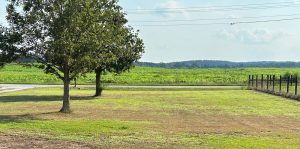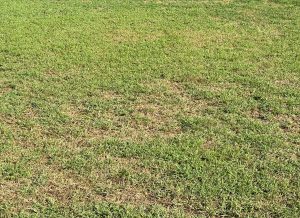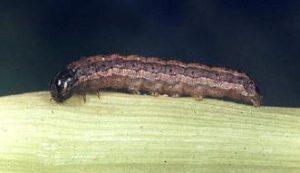Armyworm Invasion Hits Laurens County: What You Need to Know
August 20, 2024The Extension Service has been receiving reports of Fall Armyworms South Carolina for some time. Recently we began seeing them in Laurens County in forage and hay crops, just last week we also began receiving calls about armyworms in some lawns in the area.


Many of us will not see any armyworms in our lawns this summer. If you should find an armyworm in your lawn, don’t panic! These creatures cause damage when they are present in large numbers. Two or three in the lawn is not a cause for immediate action, but a reminder to keep an eye on things daily. The time to treat for armyworms in the lawn is when you find three or more 0.5 inch or larger armyworms in a one square foot area. There are several good treatment options for the home lawn that work well on them and are labelled for use in the lawn. Follow label directions of the insecticide if used to ensure proper, safe application. Clemson’s Home and Garden Information Center has an armyworm factsheet with insecticide recommendations:
https://hgic.clemson.edu/factsheet/armyworms/
Image credits:
- Clemson University CE Series 42-2931C.
- Armyworm Damage 1 sm.jpg: Bryan Smith
- Armyworm Damage 2 sm.jpg: Bryan Smith




















